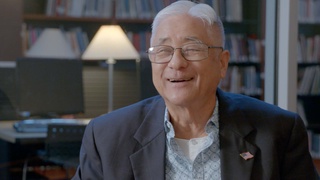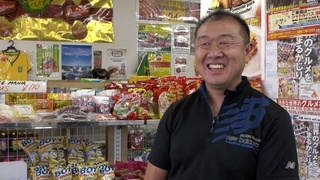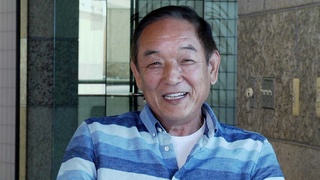Interviews
Expanding business
Then, every time, I get any extra income, I increased the more buy the seed or material, plant material, gradually little by little increase, or seed or plant protection and stuff. Then within the few year, gradually more looked like a nursery. Also, I continue to grow pansy for next 3 years, then 4th year comes I...no more surrounding property to do it, so I leased the Edison Company, the property in Anaheim near the Dale Avenue, near the Bukkyokai, Japanese Buddhist Temple, the area then finally, I leased the property from the Edison Company to start growing pansy.
Then after that, every year, every other year, gradually expanded more, more, and more property increased. Then before I move in San Juan Capistrano, I had eight location total about 88 acres growing ground. Nursery was that much expansion every year.
Date: February 2, 2012
Location: California, US
Interviewer: Chris Komai, John Esaki
Contributed by: Watase Media Arts Center, Japanese American National Museum








